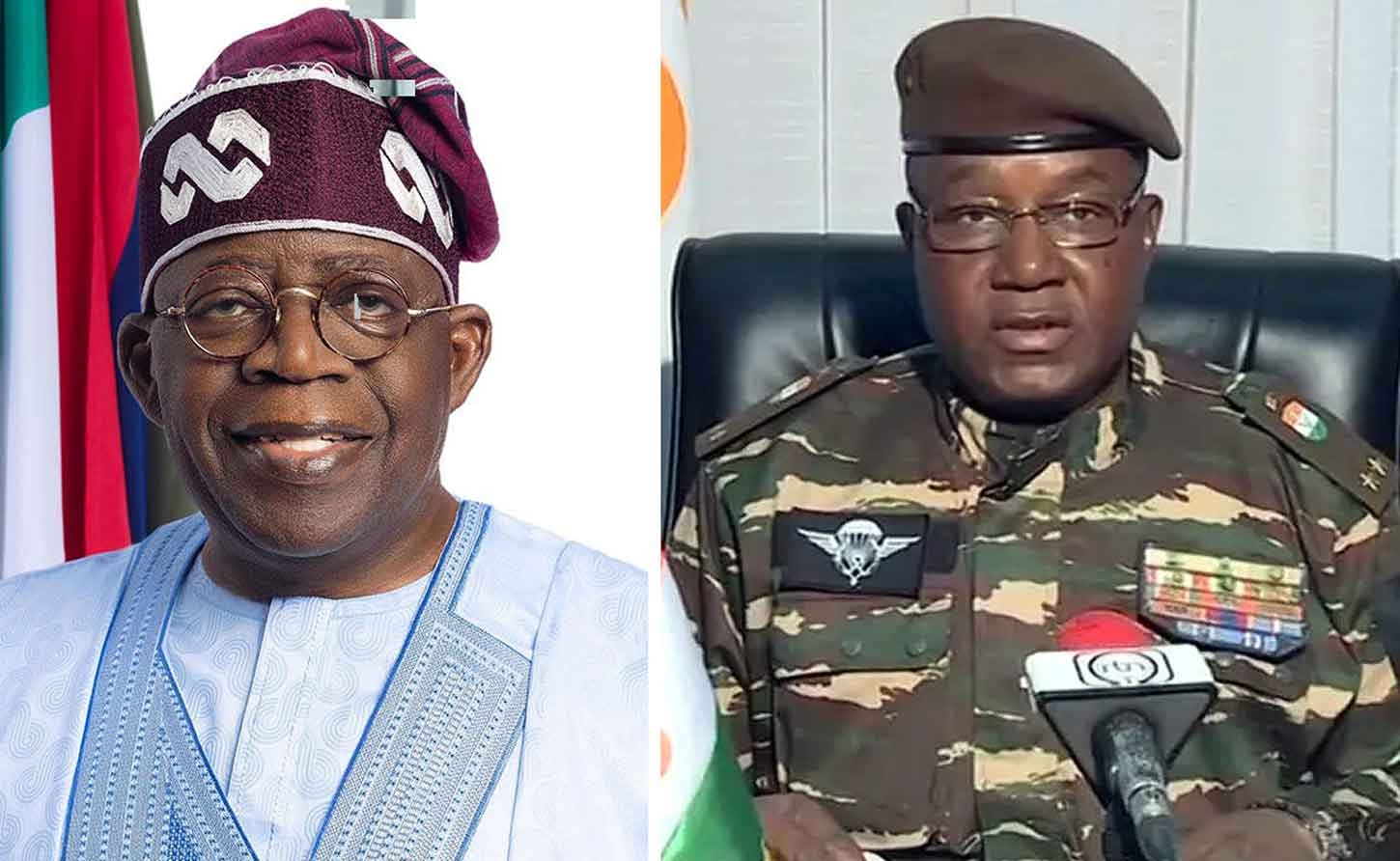AFRICA | Niger's Economic Defiance: How a Coup-Born Nation Charts Its Own Course

WASHINGTON, DC, July 14, 2025 - The International Monetary Fund quietly handed Niger $41 million this week, a tacit acknowledgment that the West African nation's post-coup economic strategy is working—despite two years of international condemnation and punitive measures.
With growth hitting 10.3 percent in 2024 and projected at 6.6 percent for 2025, Niger has proven that breaking free from traditional Western partnerships doesn't necessarily mean economic collapse.
The numbers tell a story of resilience that challenges conventional wisdom about African dependency on foreign approval.
Niger's economic surge, driven by the start of crude oil exports and robust agricultural production, represents something more significant than mere statistics—it's evidence that Sahel nations can chart their own economic destiny, even when facing Western sanctions and diplomatic isolation.
General Abdourahamane Tchiani's government has weathered storms that might have toppled governments more beholden to external validation.
“ Despite Western disapproval and sanctions, Niger's economy surges forward as leaders prioritize sovereignty over foreign approval ”
The devastating ECOWAS sanctions imposed after the July 2023 military intervention created genuine hardship, cutting Niger off from traditional trading partners and freezing assets. Yet rather than capitulating to external pressure, Niger's leaders adapted, forged new alliances, and found alternative pathways to economic growth.
The transformation reflects a broader awakening across the Sahel. Niger's alignment with Mali and Burkina Faso through the Alliance of Sahel States—now the Confederation of Sahel States—represents not isolation but strategic reorientation. These nations have collectively decided that sovereignty trumps the approval of former colonial powers and their international institutions.
Critics in Washington and Brussels frame this as "democratic backsliding," but from Niamey's perspective, it looks more like democratic self-determination.
For decades, Niger endured the patronizing oversight of Western partners who demanded electoral rituals while the country's security deteriorated and its resources flowed abroad. The military intervention came after years of watching externally-blessed democratic governments fail to deliver basic security or meaningful development to ordinary Nigeriens.
The IMF's continued engagement, despite initial Western outrage, reveals the pragmatic reality behind diplomatic rhetoric. International financial institutions need Niger more than they care to admit. The country's strategic location, uranium reserves, and now oil production make it too valuable to abandon over Western democratic sensibilities.
Niger's leaders have skillfully navigated this contradiction, maintaining relationships with international creditors while asserting political independence. The completion of the IMF's seventh review demonstrates that economic partnerships can survive political disagreements—when African nations possess leverage.
The security challenges that Western media amplifies as evidence of failure tell a different story from the ground. Yes, extremist violence has increased, but Niger inherited a security crisis from decades of failed policies under Western-approved governments.
The previous democratic administrations, despite billions in Western security assistance, couldn't stem jihadist expansion or protect rural communities from militant attacks.
More importantly, Niger's current leaders refuse to accept the false choice between security and sovereignty that Western partners often impose.
Rather than hosting foreign military bases indefinitely or accepting security arrangements that compromise national independence, they're building regional partnerships with fellow Sahel states who share similar challenges and perspectives.
“ Niger’s economy has demonstrated resilience against shocks stemming from political instability, conflict, and extreme climate events. ”
The economic growth that the IMF celebrates didn't happen by accident. Niger's oil revenue management strategy and fiscal reforms represent homegrown solutions to development challenges.
The "exceptional agricultural harvest" reflects not just good weather but investments in rural development that previous governments, constrained by donor conditions and neoliberal policies, couldn't make.
Western observers fixate on the detention of former President Mohamed Bazoum, framing it as evidence of authoritarian excess. But many Nigeriens view it as accountability for a leader who failed to address the country's fundamental challenges while maintaining cozy relationships with external powers.
The transition period, however imperfect, has produced tangible economic results that decades of Western-backed democracy couldn't deliver.
The broader implications extend beyond Niger's borders. Across francophone Africa, populations are questioning why economic relationships forged during colonial periods should remain unchanged in the 21st century.
Niger's success in maintaining economic growth while asserting political independence provides a template for other African nations seeking to balance international engagement with national sovereignty.
The IMF's $41 million disbursement, bringing total support to $346 million, represents more than financial assistance—it's an admission that Niger's approach works.
The country has demonstrated that African nations can engage with international institutions as equal partners rather than dependent clients, negotiating from positions of strength rather than weakness.
Niger's economic trajectory challenges tired narratives about African dependence and Western indispensability. By prioritizing national interests over international approval, the country has achieved the kind of growth that eluded previous governments despite their Western backing.
The real question isn't whether Niger can sustain this path, but whether other African nations will follow its example of putting sovereignty before external validation.
-30-
